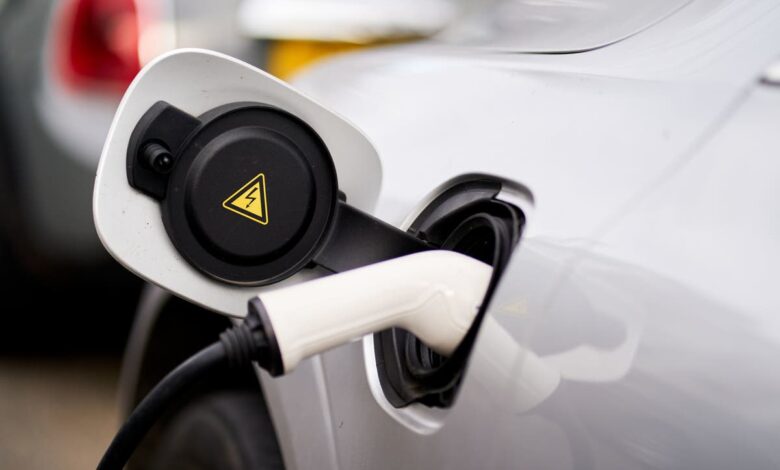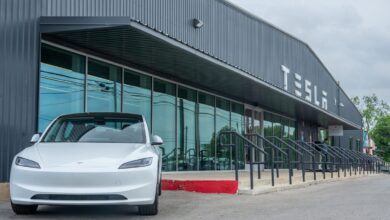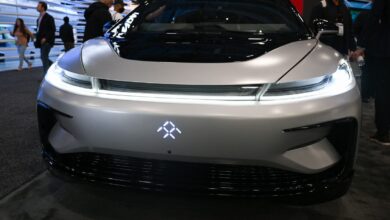2024 sees record start to year for electric vehicle sales

Sales of electric vehicles have got off to a record start this year, the latest sign that British consumers are shifting their preferences towards greener modes of transport.
There were more than 100,000 battery electric vehicles sold between January and April, the earliest in the year the milestone has ever been crossed.
The figures for total electric vehicle sales marked a 10 per cent increase from April 2023, according to data published on Sunday by New AutoMotive, an independent transport research organisation.
The increasing popularity of electric vehicles propelled their market share to 17.2 per cent of total new car purchases. Of the anticipated 1.9 million new car sales this year, over 300,000 are projected to be fully electric.
The growth in sales benefited both premium brands like BMW, Audi and Mercedes and more affordable ones like MG, Hyundai and Kia.
The UK’s Zero Emissions Vehicle mandate, a law that requires manufacturers to have a certain percentage of zero-emissions vehicles in their annual sales, played a key role in boosting sales, experts said.
“It’s great to see another 20,000 motorists choose to go electric,” Ben Nelmes, CEO of New AutoMotive, said. “This has been made possible by the UK’s California-style Zero Emissions Vehicle mandate, which encourages car manufacturers to make it easier and cheaper to choose an electric model.”
Some manufacturers, however, fell short of meeting the 10 per cent ZEV mandate.
While electric van sales remained relatively stagnant compared to the previous year, there was significant uptake in the electric HGV segment.
Colin Walker, head of transport at the Energy & Climate Intelligence Unit, said: “What matters is that this competition is bringing down costs for British drivers.
“With the likes of BMW and Mercedes meeting, or even exceeding, their EV sales targets, the laggards are going to be irked that they didn’t shift their strategies fast enough to reflect the global drive towards electrification.”
The UK will ban sales of internal combustion engine vehicles in 2035. The UK government’s Climate Change Committee said in October that EVs “will be significantly cheaper than petrol and diesel vehicles to own and operate over their lifetimes”.
But there are still concerns that hold people back from switching to an EV such as the availability of cheap electricity and charging points.
Mr Walker said EV infrastructure will strengthen as sales grow and this will reduce costs to consumers.
“As more new EVs are sold, the faster our second hand market will grow, making it cheaper and easier for the 80 per cent of us who used to enjoy the hundreds of pounds of savings that come from charging an EV, rather than paying the ‘petrol premium’ of filling up at the pump,” he said.
“And the more EVs that arrive on the UK’s roads, the more we can rely on British electricity produced by British windfarms to power our cars, rather than depend on expensive oil imports from foreign regimes.”



